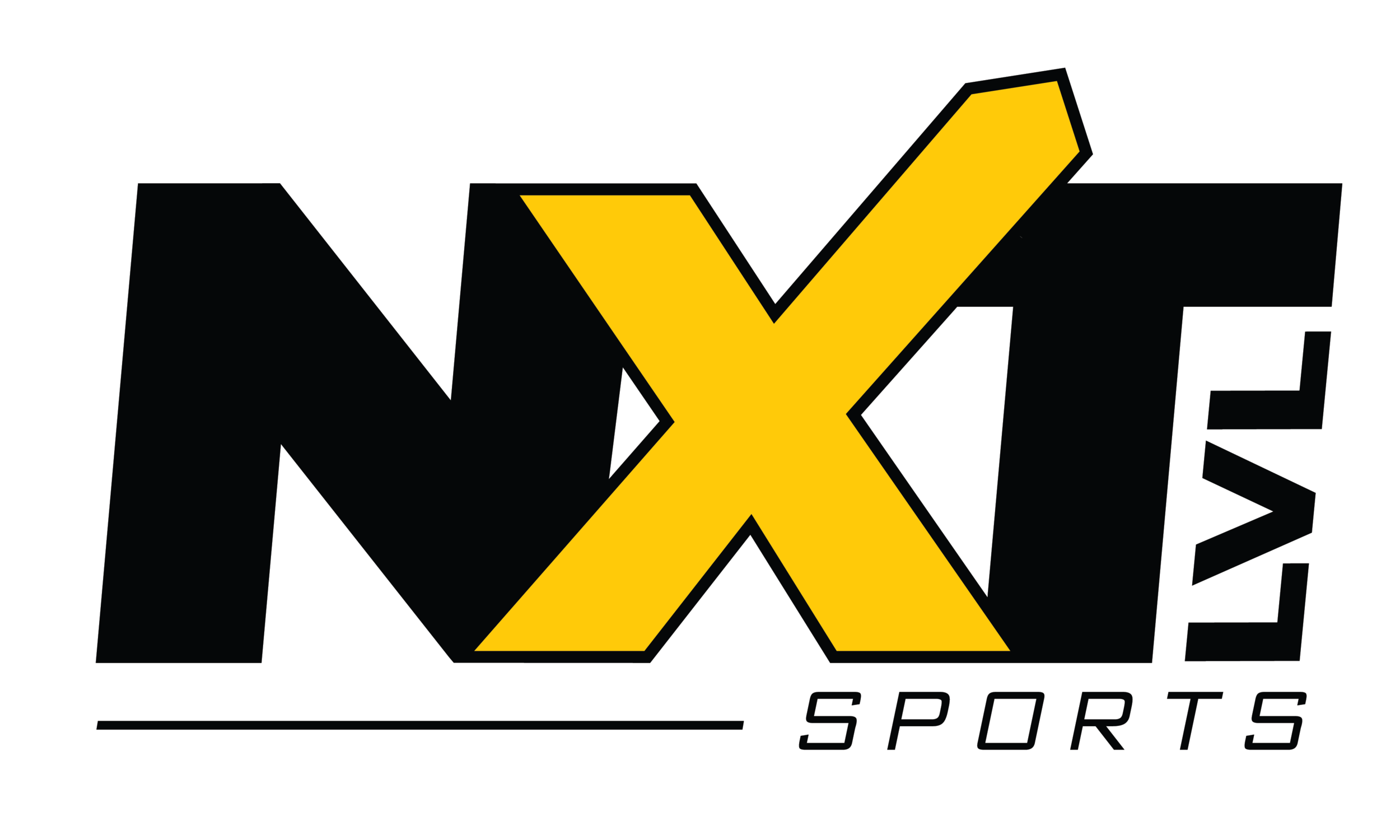April 22, 2021 [Cleveland, OH] — The Professional Collegiate League (PCL) and Next Level Sports and Entertainment (NXT), along with their digital affiliate For The Fans (FTF), today announced the completion of a comprehensive distribution agreement for the PCL’s first season.
As part of the deal, the PCL’s inaugural season, expected to launch later this year in an interim, single-city model, will be featured domestically on Next Level Sports (cable/linear) and FTF (digital/OTT) and internationally, in at least 43 countries and territories, on FTF International (digital/OTT). Additionally, the PCL and NXT are finalizing the game and practice venues for the first season, which will be in the DMV (DC/Maryland/Virginia area), one of the top regions for basketball talent in the country.
PCL CEO and Co-Founder Ricky Volante said, “With the completion of this agreement, the PCL will be able to move into the next phase of development, focusing on player recruitment, coaching hires, sponsorships, and partnerships. With a reach of more than 110 million households across 44 countries and territories, FTF and Next Level Sports offers the PCL an incredible opportunity to have our games readily available worldwide, and creates significant value for our athletes and sponsors.”
André Gudger, Owner of NXT, added, “With Next Level, we sought to invest in and show up in service with and for urban communities. This historic partnership to distribute the PCL’s inaugural season is a testament to this commitment. It is an honor for Next Level Sports, the only wholly minority owned, global multi-sports and entertainment linear cable network, to broadcast the inaugural season to over 100 million households via cable and, with its partner FTF, digital distribution. Next Level believes in the power of these young athletes and the communities who will support the league, their education, and professional development.”
David West, PCL COO and Co-Founder, commented, “Players and their families have made it clear that to appropriately evaluate the PCL, they needed to know where our games would be aired. Adding FTF and Next Level Sports as our distribution partners allows us to emphatically answer that question and amplify the incredible opportunity that the PCL offers.”
“We are thrilled to be partnering with the PCL to distribute their inaugural basketball season," said Dave Gross, CEO of For the Fans/FTF Sports networks. "We wholeheartedly support the PCL’s mission to provide exceptional young athletes with the opportunity to showcase and grow their talent and skills. The PCL is blazing a trail at the intersection of professional play and academics, and FTF will proudly offer PCL games, for free, to fans around the globe. Fans can watch the exciting PCL action on digital and cable by tuning in to FTF's two FAST linear (Free Ad Supported Television) networks, FTF and FTF International, and on FTF's cable channel partner, Next Level Sports (NXT), available on major US cable affiliates.”
About the PCL
The Professional Collegiate League is the first collegiate basketball league to enable athletes to benefit directly from their talent, marketability, and hard work by offering a scholarship and compensation, in the form of a salary and employee benefits. The PCL is operated independently from colleges and universities, and will consist of eight teams initially on the east coast of the U.S. Aiming to become the primary destination for elite college basketball players across the globe, the PCL intends to reimagine the landscape of collegiate athletics by disrupting the NCAA’s amateurism model and offering a legitimately superior alternative, while also addressing the economic outlook of college basketball players (men initially), most of whom are minorities and/or come from low socioeconomic backgrounds. In short, the PCL is college sports reimagined. The league has already released three of its team brands (the Carolina Flight, Baltimore Phoenix, and DC Stealth) and has announced that Alan Major will serve as the DC Stealth’s head coach, with Greg Oden joining his staff as an assistant coach.
For more information on the PCL, visit www.thepcleague.com.
About NXT
Next Level Sports and Entertainment is a global multi-sports and general entertainment content platform. Promoted as the sole minority owned 24/7 linear platform distributed across digital and broadcast networks that showcase live events and original programming for and by urban communities. Whether watching a game, documentary or an Influencer, it's time to go to the NEXT LEVEL.
About FTF / Lax United Marketing, LLC
Lax United Marketing distributes sports programming under the FTF, Next Level Sports, and LSN brands. The FTF digital networks are available in 115M households via Samsung TV Plus (Channel 1167), Xumo (Channel 711), The Roku Channel (Channel 228), Twitch, DistroTV (Channel 38), Local Now, Fanatiz, SelecTV, and Zingo.
LSN/Lax Sports Network is the 24-7 sports network dedicated to the sport of lacrosse.
Next Level Sports / NXT is the 24-7 multi-sport network distributed via top US cable affiliates.
For more information on FTF, go to www.ftflive.com.
###
MEDIA CONTACT:
Professional Collegiate League
Wendell Haskins
For The Fans
Rob Wallace








